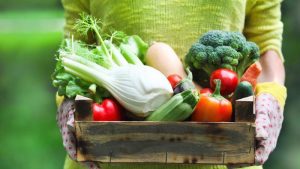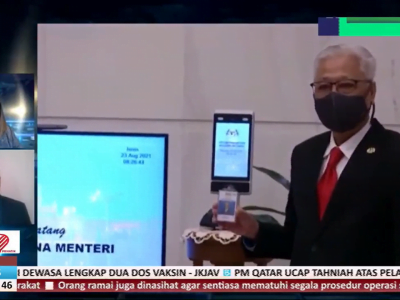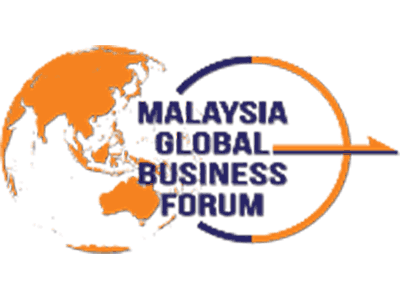THE Covid-19 outbreak has exposed the citizens of most countries to a dangerous virus. But perhaps more importantly, it has exposed the weaknesses in supply chains of nations.The government should be commended for setting up a task force to maintain critical supply chains as it’s an excellent step to ensure that what is primarily a medical crisis doesn’t turn into a broader one.
With the Movement Control Order extended, ensuring supply chains remain functioning will be critical on two fronts — food and medical supplies. This is where the halal industry, especially small- and medium-sized enterprises (SMEs), will play an important role in feeding the nation.
In the last two decades, the concept of halal has been applied to many industries, from agriculture to food manufacturing, cosmetics, pharmaceuticals and logistics. Malaysia is the beneficiary of a forward-thinking policy to address food security gaps 20 years ago, while empowering local producers with halal standards.
Halal is a universally applicable concept, which calls for, among many elements, cleanliness. In parallel, the hundreds of campaigns that governments around the world are rolling out to urge people to fight the Covid-19 pandemic have several key themes, including cleanliness.
The global halal market has been reported to be worth billions, but when answering the critical question of how much food can be produced onshore to meet local demand, the keen lens of crisis reveals a lot. At the cutting edge of this challenge are the SMEs, which make up 98.5 per cent of all registered companies.
SME halal food producers are in all parts of the supply chain, plugging into larger food producers, producing ingredients and are involved in the last-mile distribution and delivery. SMEs are the worker ants of the halal food equation in Malaysia.
What this means is there is an onshore capacity to produce, store and distribute food for the local population. This crisis has shown that relying heavily on external trade is a risk. In times of crisis, higher levels of food sovereignty allows leaders to focus on other critical matters.
It is no wonder that the government gave strong attention to SMEs in the food sector in its stimulus and economic measures. There are funds for SME digitalisation and automation and loans for SMEs in agri-food production, to name a few. Halal food producers should get the lion’s share of these funds to expand their capacity.
If applied properly, the government’s stimulus measures will allow a strategic shift that is crisis-resistant and future-proof. The ability to innovate and adapt to modern technology will be the next challenge for SMEs in the halal economy, coupled with the need to be crisis-resistant.
As many people “stay at home”, it is a good time to ponder on the facts. Halal has been around for hundreds of years and Covid-19 has been with us since last year. Applied thinking about halal and its benefits will assist the broader population during this crisis and well into the future.
NORDIN ABDULLAH
Founding chairman, Malaysia Global Business Forum
This news appeared on New Straits Time https://www.nst.com.my/opinion/letters/2020/03/579346/covid-19-time-be-innovative
Services
STAKEHOLDER ENGAGEMENT
BUSINESS INTELLIGENCE
GOVERNMENT RELATIONS
BUSINESS & BROADER MARKET ACCESS
Upcoming Events
‘A WORKING LUNCH WITH NORDIN’: NATIONWIDE TOUR WITH TOYOTA
THE SOUTH CHINA SEA: A THREAT OF DISRUPTION FOR BUSINESS?
FOOD SECURITY IN THE BREACH: INDUSTRIALISATION AND WEAPONISATION
ASEAN’S FOOD SECURITY NEXUS 2024
MGBF In The News
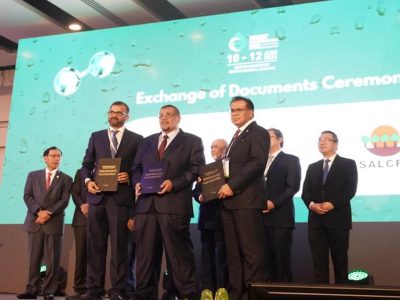
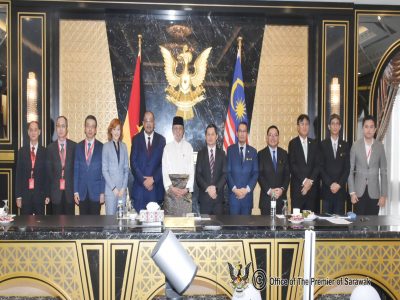

SPM and the Future of Data

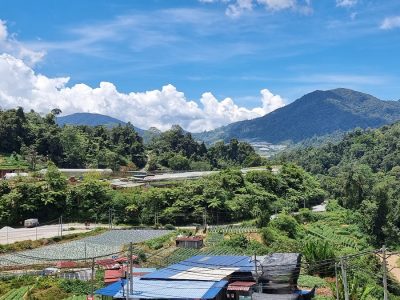



MGBF Roundtable to shape Malaysia’s future in the digital economy
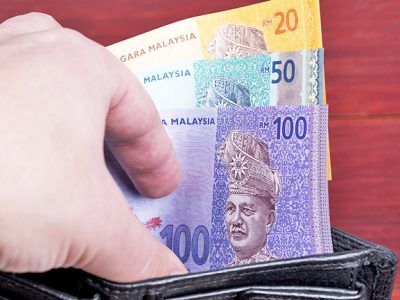
MGBF: Political stability to usher in new era for business

Death by a Thousand Algorithms

KSK Land recognised for investor attraction strategy

KSK Land set to drive further investment into Malaysia
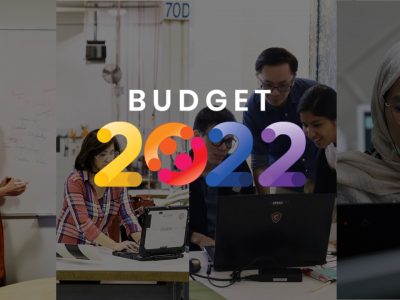
A Need for Strategic Calm
With Change Comes Opportunity
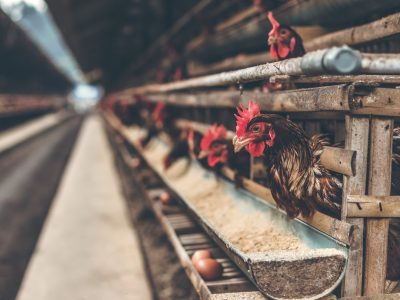

MALAYSIA GLOBAL BUSINESS FORUM TIES UP WITH SCOUTASIA



